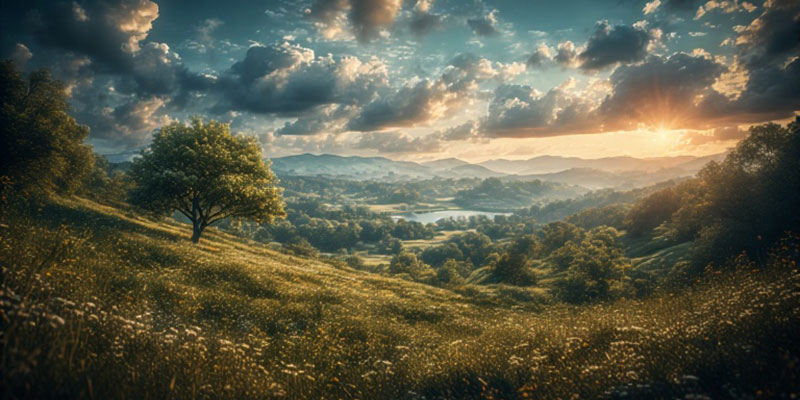If we have learned anything from the tangled spectacle of billionaires hobnobbing with predators and politicians shoveling dirt on forests, it is that no piecemeal reform can suffice when the entire recipe is rotten. The dazzling theater of power demands not incremental touch-ups but a profound reimagining of the systems that govern our lives—economic, political, and social alike.
First, the grotesque carnival of influence must be dismantled. The current political class, bloated and belligerent, will never voluntarily divest its privileges. The grotesque grunts and shrieks they produce are but desperate echoes of an empire on borrowed time. The public must reclaim sovereignty over decisions that affect both the land and its people. This means rigorous transparency not as a buzzword, but as a sacred principle; breaking the incestuous bonds between corporate money and policymaking; and instituting robust mechanisms of accountability that bite harder than empty promises.
Simultaneously, the environmental crisis calls for stewardship rooted in humility, balance, and compassion—values long espoused by communities who understand the sacred weave of life. Indigenous knowledge and local wisdom, long dismissed or commodified, must be elevated to the heart of environmental governance. Policies crafted in boardrooms must give way to practices informed by centuries of coexistence, nurturing the soil rather than scouring it bare. The forests, rivers, and skies are not mere resources to be conquered; they are living entities that demand respect and reciprocity.
Economically, we must transcend the ravenous logic of endless growth and spectacle. A new economy must emerge—one that measures success not by the size of corporate ledgers or stock market theatrics but by the flourishing of ecosystems and communities. This requires embracing regenerative practices, supporting local economies, and embedding ethics of care into commerce. It is a return to a fundamental truth: prosperity divorced from ecological and social well-being is a hollow, unsustainable myth.
At the heart of these transformations lies an invitation to individual and collective awakening. The spectacle of power thrives on fragmentation—of people from each other, and from the earth. Only through cultivating awareness of our interconnectedness can the illusions of domination and separation dissolve. This awareness nurtures a politics not of division and spectacle, but of harmony and shared responsibility.
To embrace this path is to challenge the very roots of our conditioned responses, to see beyond the endlessly recycled dramas of elites and instead nurture a society grounded in humility and compassion. The journey is neither simple nor fast; it demands courage to face uncomfortable truths and to forge new relations with the land and each other.
Yet, in the quiet spaces between the clamor of power, seeds of change are already germinating—in grassroots movements, in community-led restoration projects, in voices raised with clarity and integrity. These humble acts ripple outward, reminding us that the power to restore balance lies within us all.
As the circus of spectacle slowly unravels, the question remains: will we awaken in time to choose a future rooted not in greed and illusion, but in the timeless wisdom of care, connection, and courage?
